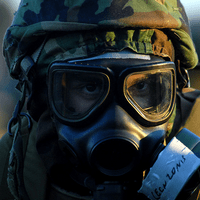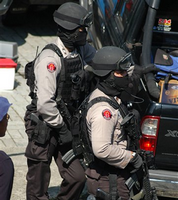
A bipartisan commission last week reiterated its warning that the U.S. government is responding inadequately to the threat of bioterrorism. Shortly before last fall’s national election, the U.S. Commission on the Prevention of Weapons of Mass Destruction Proliferation and Terrorism issued its major report (.pdf), “World at Risk.” It included detailed guidance to the next U.S. presidential administration about what steps to take to counter the spread of weapons of mass destruction or their potential use by terrorists. The commission’s latest report (.pdf), affirms that, “Progress has been made, but the clock is ticking.” Like “World at Risk,” the October […]


